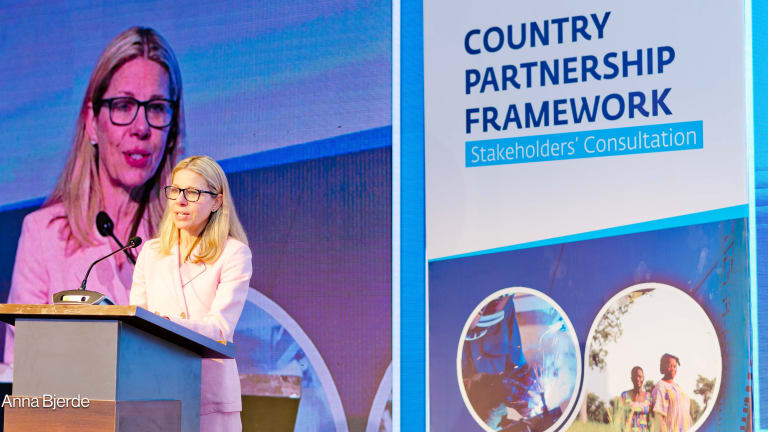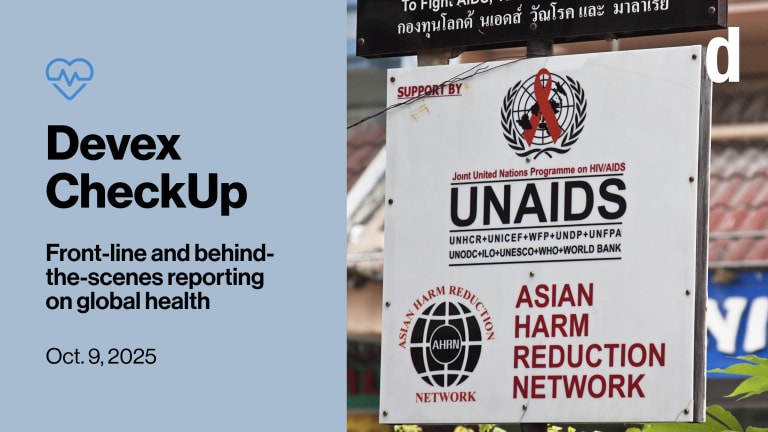When we think of people crossing borders, our minds jump to the tragedies of the millions of refugees who flee their homes to find safety and to build new lives.
But there are also millions of people who cross borders every single day, back and forth, to earn a living.
In the Great Lakes of Africa — in Democratic Republic of the Congo, Rwanda, Burundi and Uganda — these traders are mostly women. Their small trade not only provides much needed livelihoods, but it can also help build links between communities divided by borders, prevent flashpoints flaring up into full-scale conflict, and help build the economic underpinnings of peace.
Printing articles to share with others is a breach of our terms and conditions and copyright policy. Please use the sharing options on the left side of the article. Devex Pro members may share up to 10 articles per month using the Pro share tool ( ).








